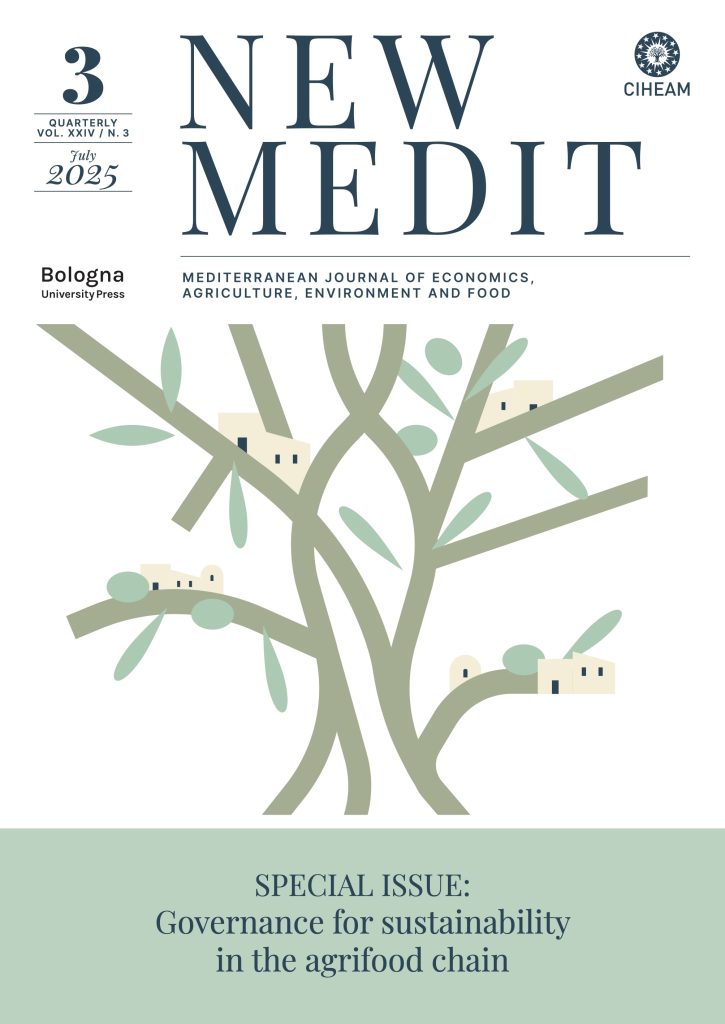This paper explores the macroeconomic impact of the Mediterranean-style diet in reducing the risk of premature death from non-communicable diseases (NCDs). By utilizing an aggregate health production function approach, we investigate whether adopting the Mediterranean-style diet has a measurable country-level protective effect. Our analysis draws on data from 178 countries and develops two composite indexes to measure i) adherence to the Mediterranean-style diet and ii) the prevalence of metabolic syndrome.
Our results show a departure from the Mediterranean-style diet in favor of the Western-style diet across countries in the Mediterranean region during the last decades. However, we find that adhering to the Mediterranean-style diet significantly reduces the prevalence of metabolic syndrome (after controlling for major potential confounding factors, such as health system performance and the implementation of WHO-recommended NCD prevention measures). The positive effects of the Mediterranean-style diet are, however, outweighed by the negative ones of unhealthy dietary patterns. These findings emphasize the need to promote the Mediterranean-style diet to curb the burden of NCDs.











